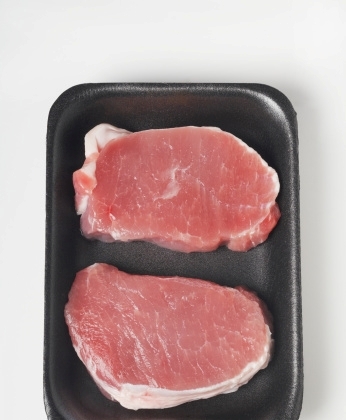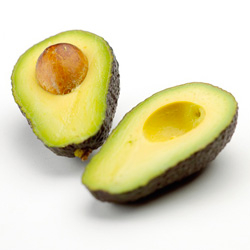The 5:2 Diet
The 5:2 Diet involves intermittent fasting. Does it work? We ask Jessica Colacino to investigate

What is it:
You can’t have missed the hype – apparently this diet involves starving yourself for two days a week and lets you eat what you want on the other five days. Also known as ‘intermittent fasting’, the 5:2 Diet involves eating as you normally do five days a week and restricting your calorie intake on remaining days to just 500 calories (2,100 kilojoules) for women and 600 calories (2,500 kilojoules) for men – well below the average recommendation of 2,000 a day for women.
The Good: The science behind the diet means that many dieters will initially exhibit weight loss, and Jessica Tzvetkoff, nutritionist from nutritionandstyle.com.au, says there can be additional benefits, including the reduction of blood glucose and LDL cholesterol, and a reduction in the risk of developing age-related conditions such as cancer, Alzheimer’s, heart disease and diabetes.
The Bad: Aside from the potential for it to result in a feeding frenzy for five days of the week ‘because you can’, Tzvetkoff raises the issue that the 5:2 Diet does not instil healthy eating habits. “I’m concerned that fad diets such as the 5:2 Diet don’t educate the dieter on healthy eating habits or promote long-term behaviour change, and may even lead to eating disorders in vulnerable people. There is some convincing evidence on the benefits of intermittent fasting, Tzvetkoff says, but “it needs to be researched more extensively before the potential benefits and harms are realised”. Its principles also leave adherents vulnerable to missing nutrient quotas. Although the diet states you can eat whatever you like on five days of the week, it doesn’t guide participants towards the variety of foods required for optimal nourishment: vegetables, fruit, grains, dairy or dairy alternatives and protein sources such as lean meats, eggs and nuts. It is also possible that on days of kilojoule restriction, dieters may suffer side effects such as dizziness, irritability, reduced concentration and lethargy, and may lack the energy for physical activity or exercise.
The Ugly: The 5:2 Diet’s principles earn it a dire rap. “I consider fasting one day followed by eating whatever you like the next ‘disordered eating’,” Tzvetkoff says. “The 5:2 Diet worryingly sounds a lot like bulimia – fasting, followed by bouts of binge eating minus the purging and/or laxatives.” People following the 5:2 Diet need to make sure they don’t overextend the fasting days, leaving them at risk of developing an eating disorder, she warns. Dr Grenfell says fasting may cause serious complications for people taking certain medications, and in pregnant women. “…there may be serious issues with fasting that require medical supervision,” he says, warning that intake on ‘normal’ days may not necessarily be ‘healthy’.
Daily do-it: Ultimately, to lose weight, you need to restrict your kilojoule consumption somewhat. Downsizing your meals is a good place to start; however, you should never feel hungry. It’s important to keep energy levels up by eating regularly. According to Dr Grenfell, there’s no magic to weight loss. “The Heart Foundation recommends changing eating habits gradually, ensuring the five food groups are included every day, and exercising regularly.”
Want to lose weight? Find out your ideal weight, browse low-fat recipes and choose a healthy eating plan.
-
Healthy Diet Cooking
When it comes to eating healthy diet, so
-
How To Drink Your Excess Weight Away In 8 Weeks
Excess pounds are a problem to numerous of people, but burning the
-
Diet Plans to Lose Weight
If one wishes to lose weight, it should happen in a healthy manner by
-
3 Amazing Drinks That Will Help Burn Your Belly Fat
You are all aware of the fact that soft drinks and alcohol do no g
-
6 Simple Exercises to Get Rid of Jiggly Arms
It happens to most of us, you raise up your arms and just look at
-
Effective Dieting Meals For Effective Weight Loss
The most important components of a healthy diet are plenty of fruits
- DON'T MISS
- Eat This For Breakfast Every Morning and Watch How The Fat From Your Body Disappears!
- Healthy Food Choices
- Simple Weight Loss Diet Plan
- 6 Exercises to Get Rid of Bra Fat
- Week 20: An unwelcome companion
- 2-Ingredient Weight Loss Tonic You Should Drink Every Morning on an Empty Stomach
- Healthy Diet Foods
- The Age-Proof Diet
- Weight Loss Diet Plans Five Tips On Seeking Success With Them
- 10 of the Best Foods to Naturally Cleanse Your Colon




